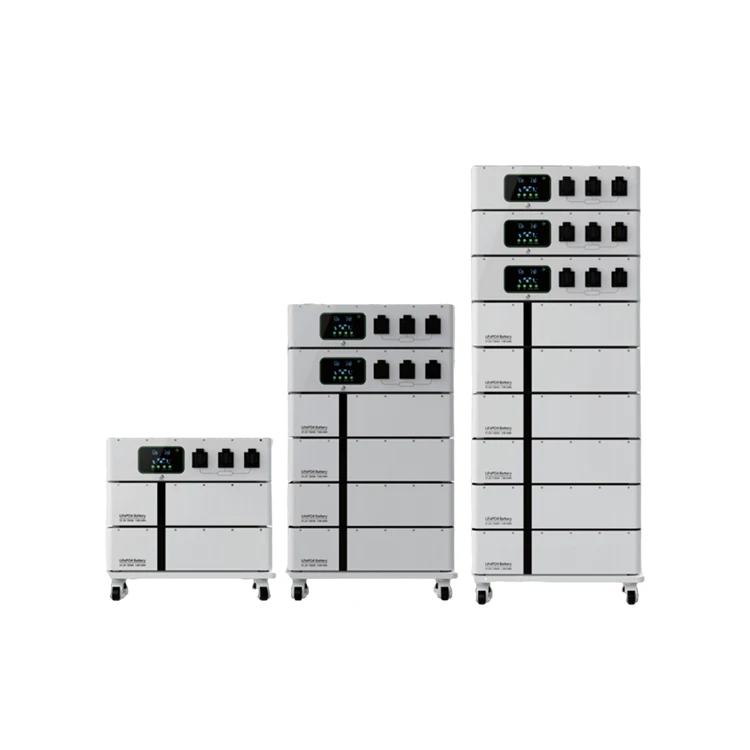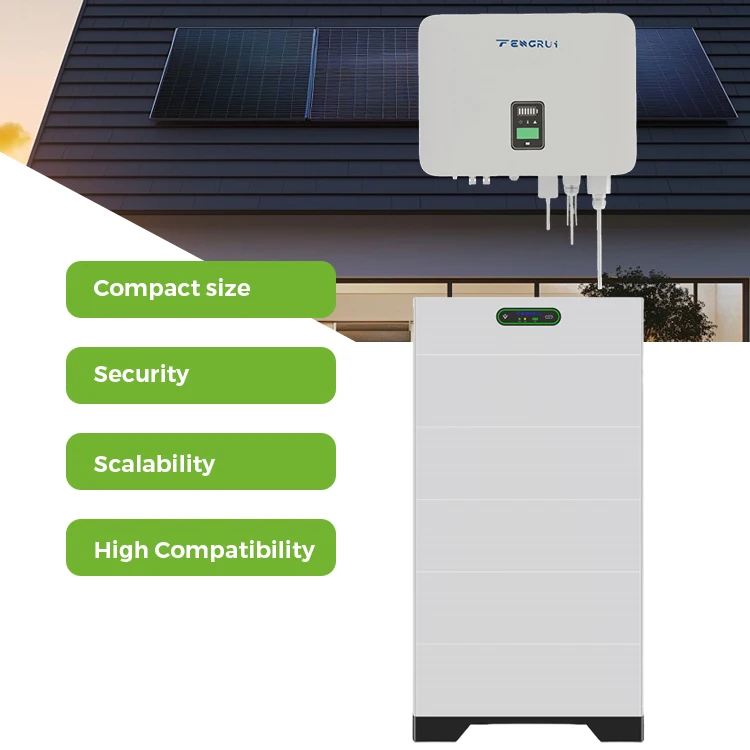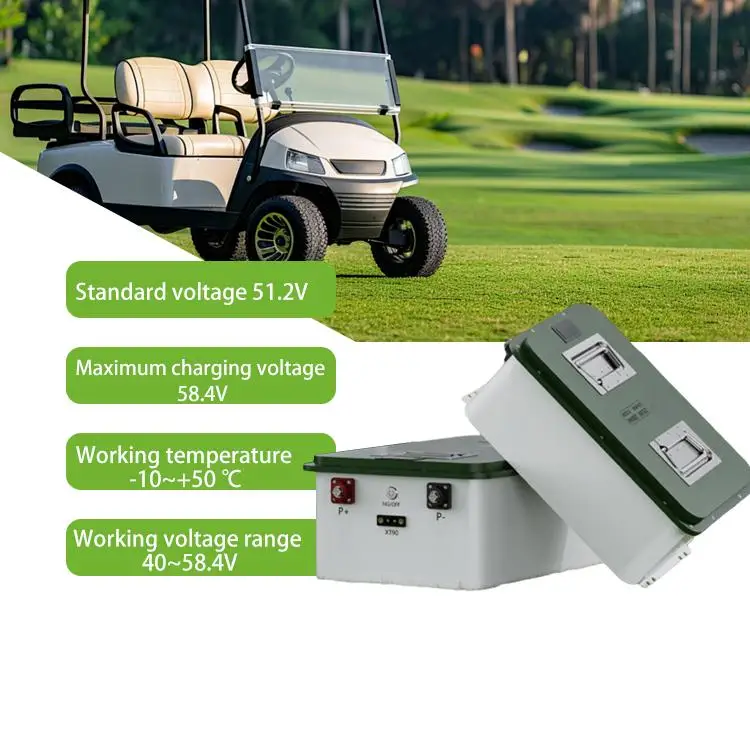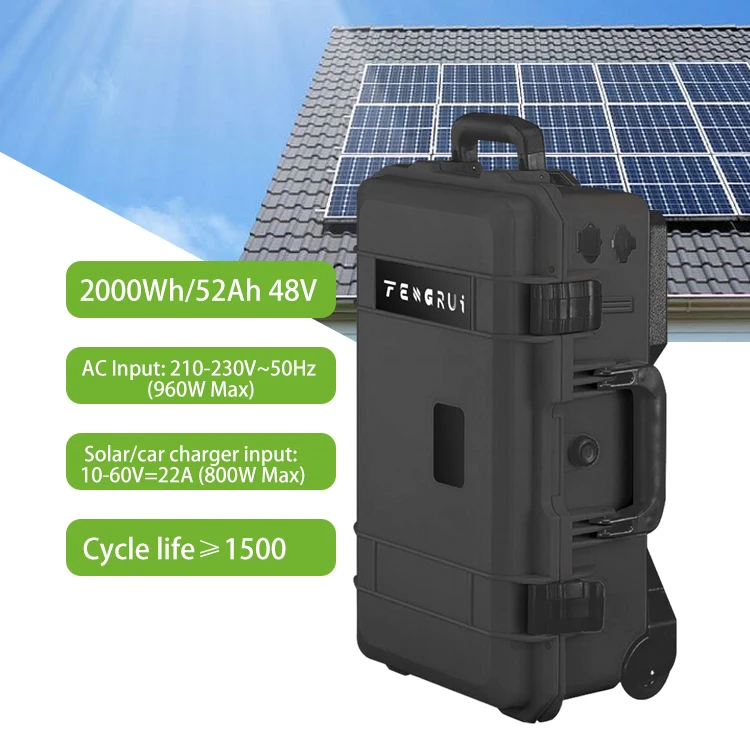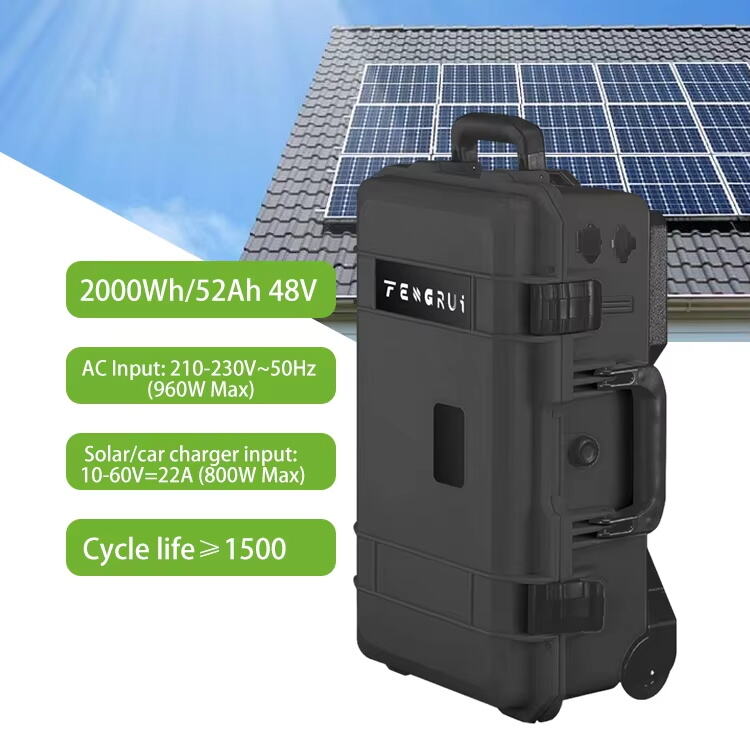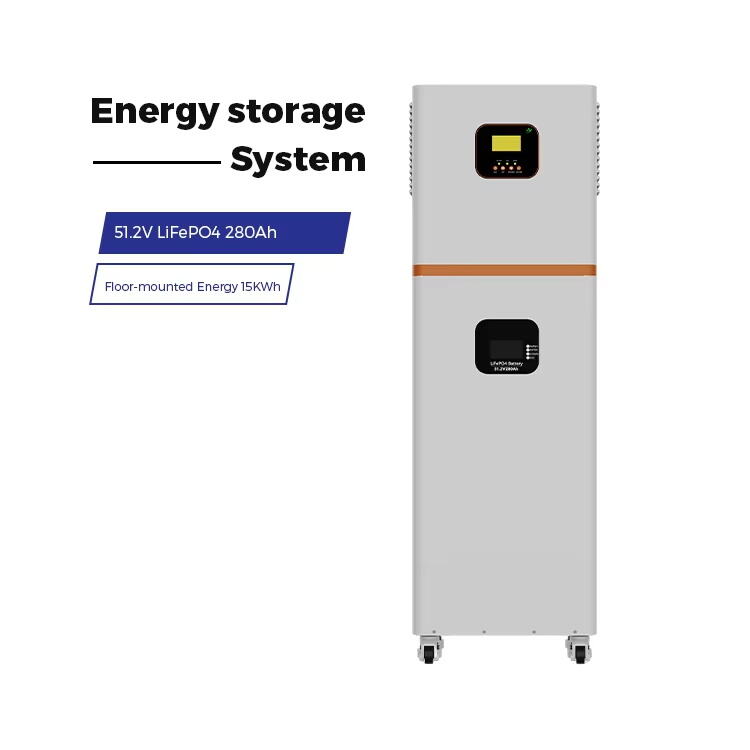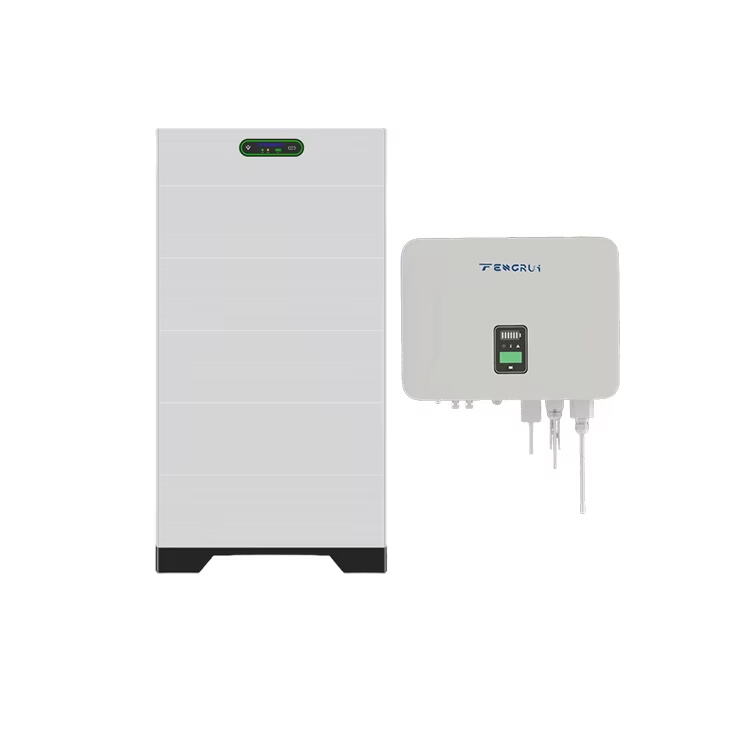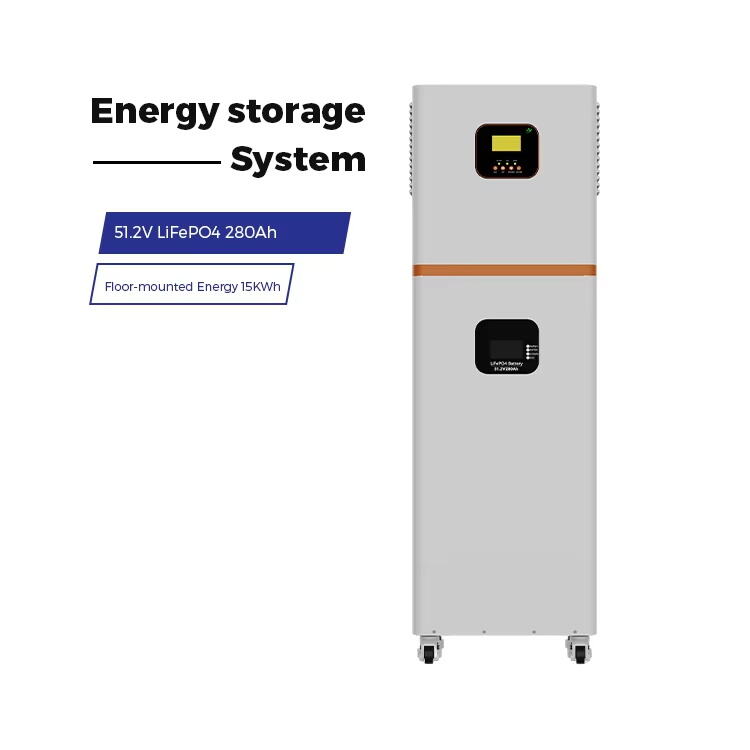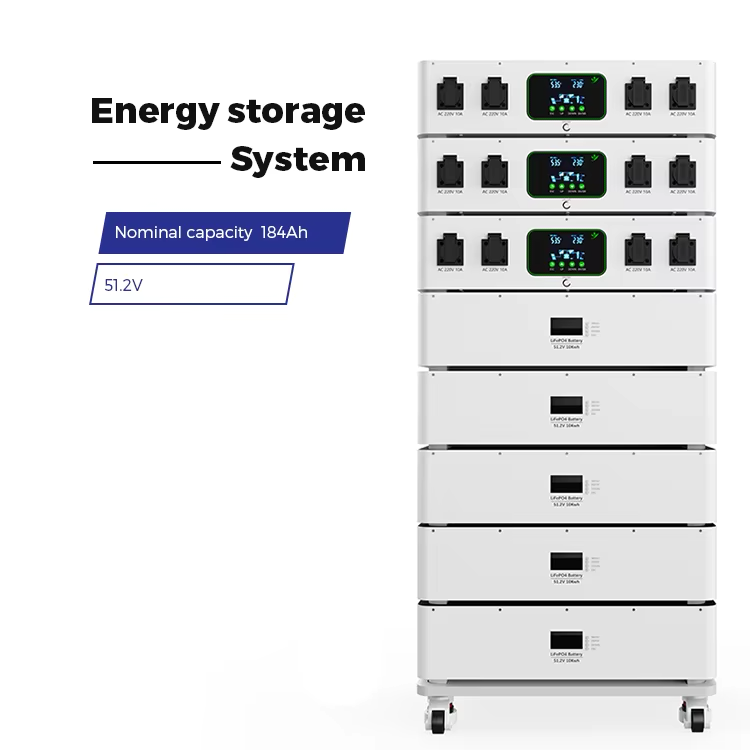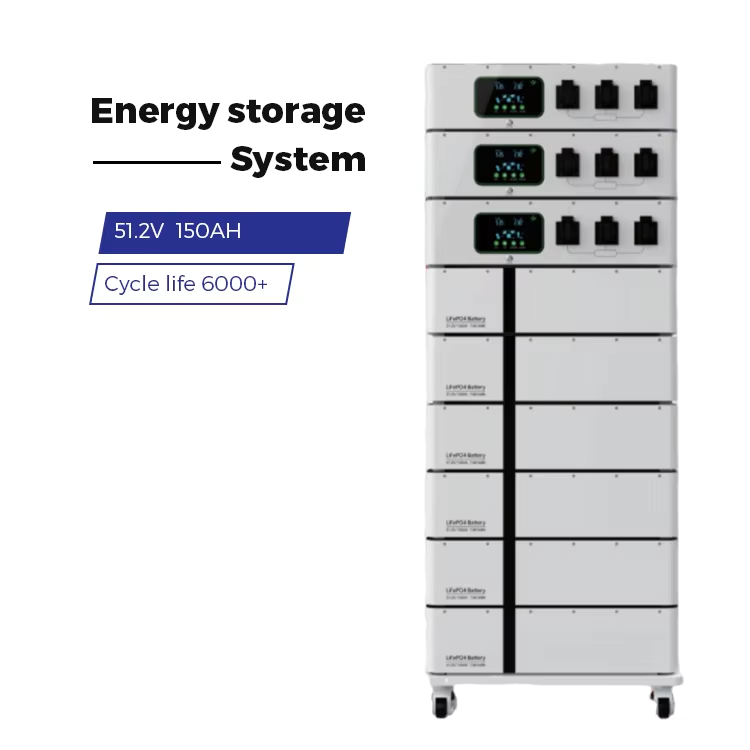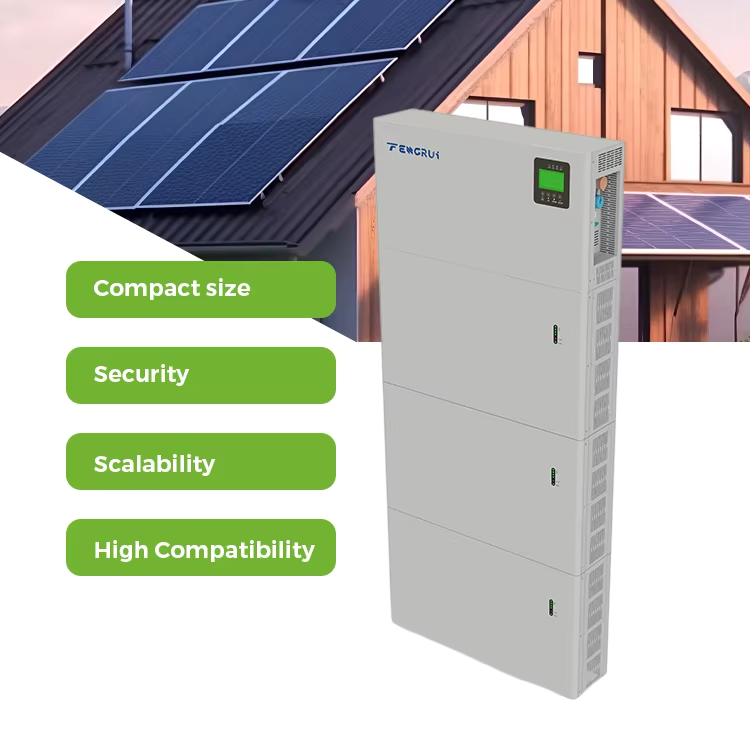battery storage for home
Home battery storage systems represent a revolutionary advancement in residential energy management, offering homeowners unprecedented control over their electricity consumption and costs. These systems consist of high-capacity batteries, typically lithium-ion, that can store excess energy generated from solar panels or grid power during off-peak hours. The technology functions as a personal power plant, capturing and storing electricity for use during peak demand periods or power outages. Modern home battery storage systems integrate sophisticated power management systems that automatically monitor energy flow, optimize usage patterns, and ensure seamless switching between power sources. These systems can typically store between 5 to 15 kilowatt-hours of electricity, sufficient to power essential home appliances for several hours. The technology incorporates advanced safety features, including thermal management systems, overcharge protection, and smart monitoring capabilities that can be accessed through mobile applications. Home battery storage systems can be scaled to meet varying energy needs, with the ability to connect multiple batteries in parallel for increased capacity. They serve multiple functions, from providing backup power during outages to enabling energy arbitrage by storing cheap off-peak electricity for use during expensive peak hours.

